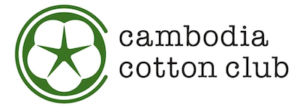コンテンツ
Objective of Activities
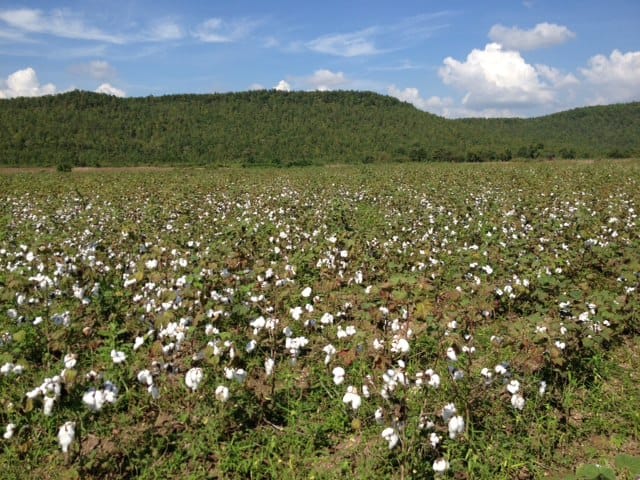
How do we face a tragedy that must not be repeated?
Cambodia's contemporary history is unique. The genocide of human resources supporting the society by a primitive communist regime unprecedented in human history, followed by more than 20 years of civil war between people of the same ethnic group with the same culture. Even today, many people suffer from distrust of humanity and local communities are dysfunctional due to mutual distrust. The invisible civil war continues.
All traditions were denied and severed. Who are the Cambodians?" The vertical axis of time, history and tradition, has been cut off to the extent that it is impossible to search for clues to the question, "Where did you come from?
The days when extreme suspicion reigned, when no one could be trusted, are already a nightmare of the past. However, the social environment of those days is still inherited today. The axis of cooperation and empathy, which extends horizontally to trust others, remains weak. Cambodia is a country where Year Zero began in the 1990s.
The project's first focus was agriculture. If a plant is suited to the land, it should still be able to be cultivated today. The project began in 2007 with the hope that something might change if a system could be created to achieve the same goal of earning the cash income necessary for daily living from these prospects.
Why cotton?
From mine field to cotton fields
Battambang Province used to be a cotton producing area. There were also textile mills. The soil is suitable for cotton cultivation. Can we turn the minefields into cotton fields and revive the industry lost during the genocide and civil war with the new generation? Cambodia is dependent on imports from other countries for everything, so we chose cotton, which is suitable for cultivation, because we wondered if we could raise the self-sufficiency rate of clothing in Cambodia through cotton cultivation.
During the course of the project, however, we realized something important. That is that cotton is a plant that has profoundly changed the nature of modern society. Using cotton as a starting point, many of the problems of today's distorted global economy and environmental pollution that have persisted since the British Industrial Revolution come vividly to light.
How can we establish a cotton-based industry in Battambang Province without repeating the same mistakes? Trial and error is still ongoing.
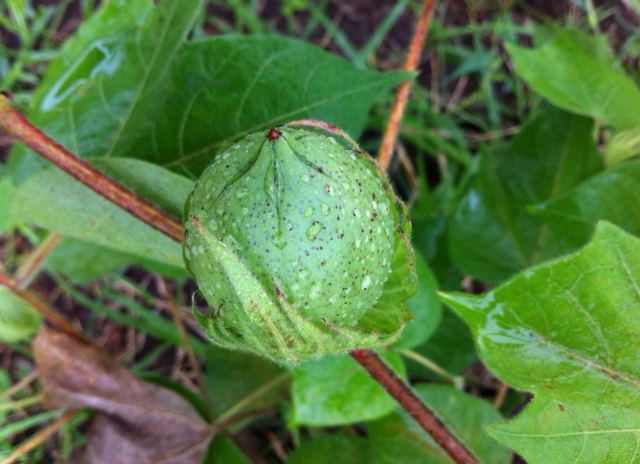
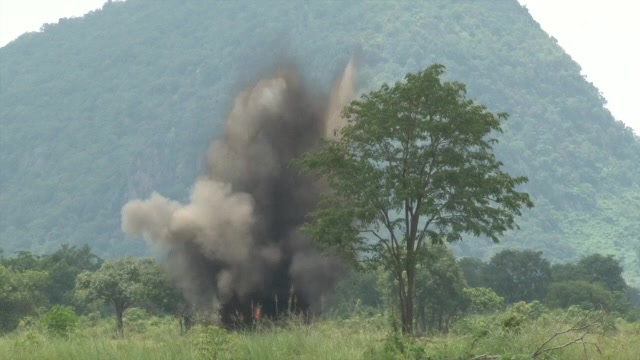
Why Battambang?
Battambang Province in Cambodia is a unique region. It is a condensation of Cambodia's tragic modern history, and even today, the negative aspects of human nature remain strong. Is there any way to reduce this negative legacy?
In Cambodia, there was a genocide by the Pol Pot regime, unprecedented in human history, and a civil war that lasted more than 20 years between the same ethnic groups.
Battambang Province was the scene of fierce civil war until the end. It still has the largest number of landmines remaining in the world.
People who lost all their families and relatives and came to Battambang from all over Cambodia to refugee camps in Thailand have lived there since then. Former soldiers who fought to the last as part of the Pol Pot regime's army also live there.
カンボジアの若者と日本の未来をつなぐ「介護・日本語教育」
私たちがコットン事業を通じてバッタンバン州の農村で培ってきた「人づくり」の経験は、今、新たな社会的価値を創造する挑戦へとつながっています。
■ 日本とカンボジア、両国が抱える課題
日本では、特に介護分野において深刻な人手不足が続いています。地域を支える温かいケアの担い手を、多くの現場が待ち望んでいます 。
一方、カンボジアには、未来への強い意欲と可能性に満ちた若者たちがいます。しかし、特に農村部では安定した雇用を得て、専門的なスキルを学ぶ機会が限られているのが現状です 。
■ CCCだからこそできる、持続可能な「人材循環」モデル
この二つの課題を同時に解決するため、私たちは「特定技能1号〈介護〉」に特化した日本語学校を設立しました。これは単なる人材の送り出しではありません。両国の未来を豊かにする、持続可能な「人材循環」を生み出すための事業です。
私たちの3つの約束:
- 借金ゼロの直接雇用 高額な手数料や搾取的なブローカーを完全に排除します 。若者たちが安心して学び、働ける倫理的な仕組みを保証することは、私たちの譲れない信念です。
- 「渡日前に完成」させる質の高い教育 日本語や介護技能はもちろん、日本の現場で不可欠となる運転技術、ICTスキル、安全管理まで、360時間以上の実践的カリキュラムを寮生活の中で提供 。日本の受け入れ先にとっては即戦力となり、若者本人にとっては大きな自信となります。
- 生涯にわたる伴走支援 カンボジアでの学習期間から、日本での就労、そして将来の帰国後のキャリア(講師や起業家)まで 、専門家チームが一人ひとりの人生に寄り添い、支え続けます。この手厚いサポートこそが、90%以上という高い定着率 を実現させる鍵です。
この事業を通じて、カンボジアの若者は安定した収入と専門職を得て、家族の暮らしを支え、自らの未来を切り拓きます 。そして日本の介護現場は、意欲とスキルの高い人材を得て、地域にこれまで以上の安心を届けることができるようになります 。
私たちは、この「教育」という名の橋を架けることで、カンボジアと日本の絆を、より強く、より温かいものに育てていきます。

NGO registered with the Ministry of Interior of Cambodia
Representative: Chanray Ron
Atsushi Furusawa is the initiator of the project but is a sponsor for women's independence and has no name or position on the organization's roster.
We are declining your donation. The objective of this project is to develop human resources. We are using the money we earn to train ourselves.
Awards
Received an award from King Norodom Sihamoni, the former head of state of the Kingdom of Cambodia, and the Ministry of Industry and Crafts in a nationally televised ceremony for reviving the textile industry in Battambang.
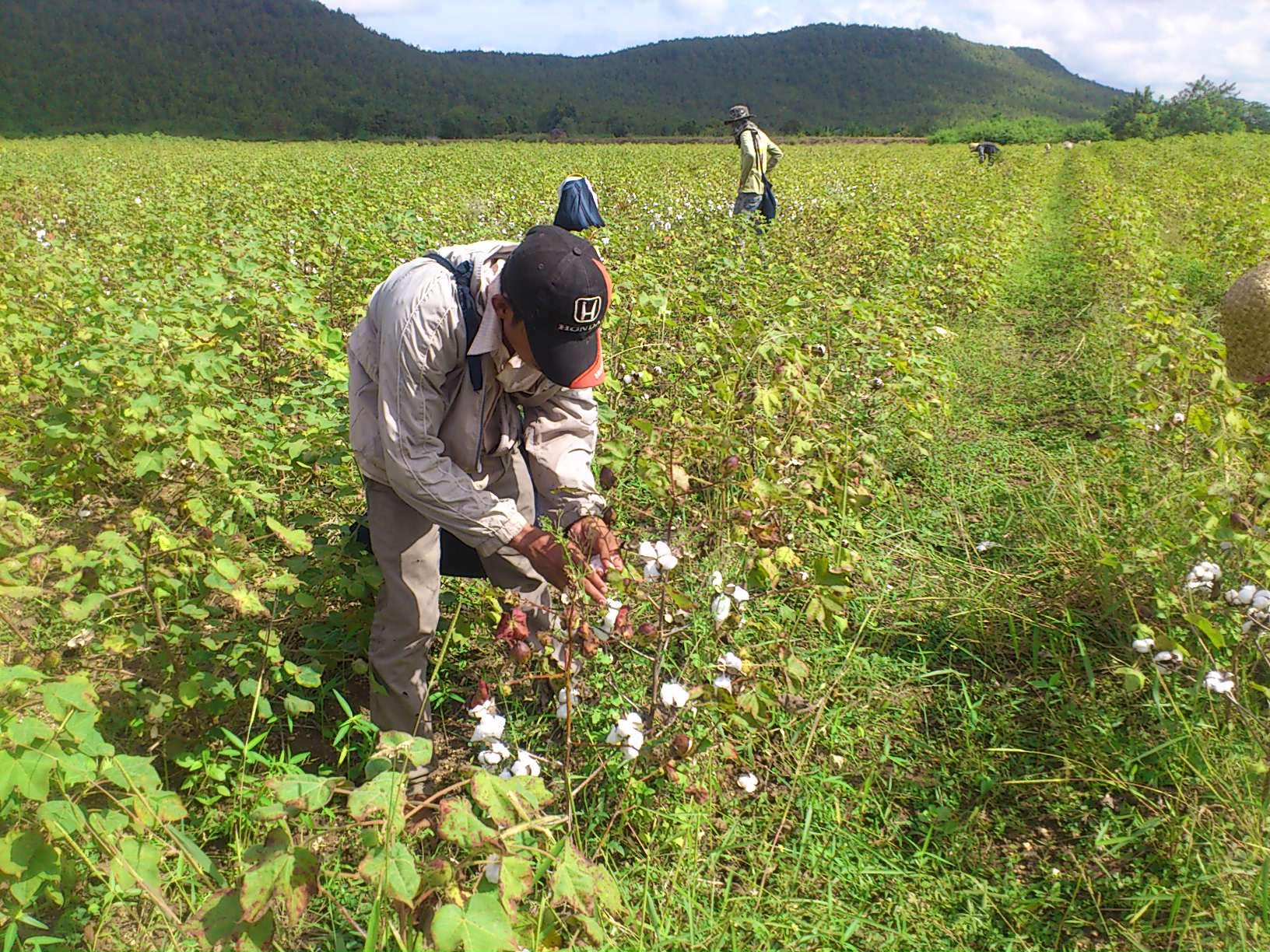
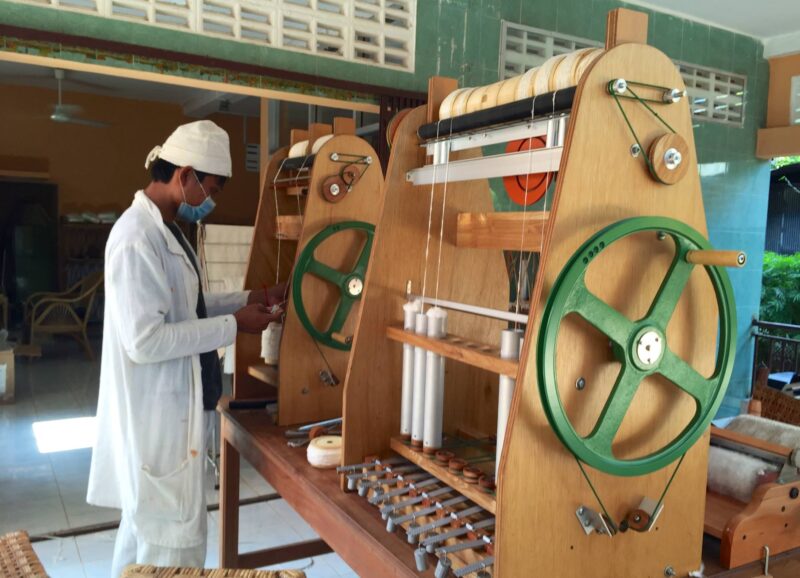

Major Clients
(Received orders for surveys and CSR as an outsourced contractor)
(Received orders for surveys and CSR as an outsourced contractor)
JICA
Mitsubishi Corporation
Asian Development Bank
Media Appearances
TV, many newspapers
lecture
Numerous junior high schools, high schools, universities, business schools, local governments, corporations, etc.
